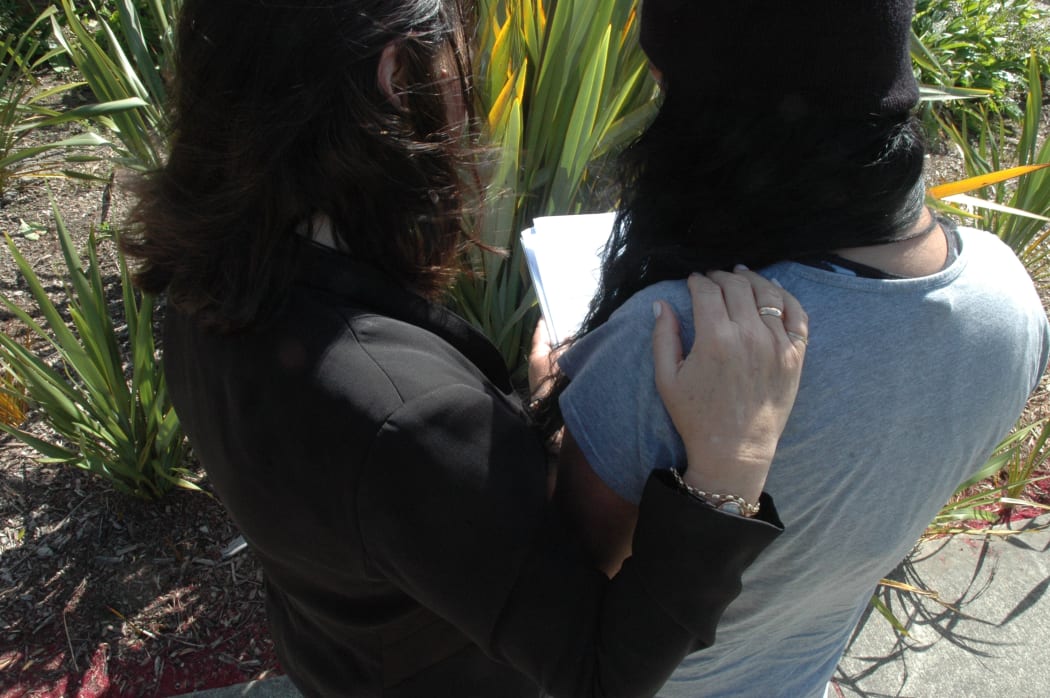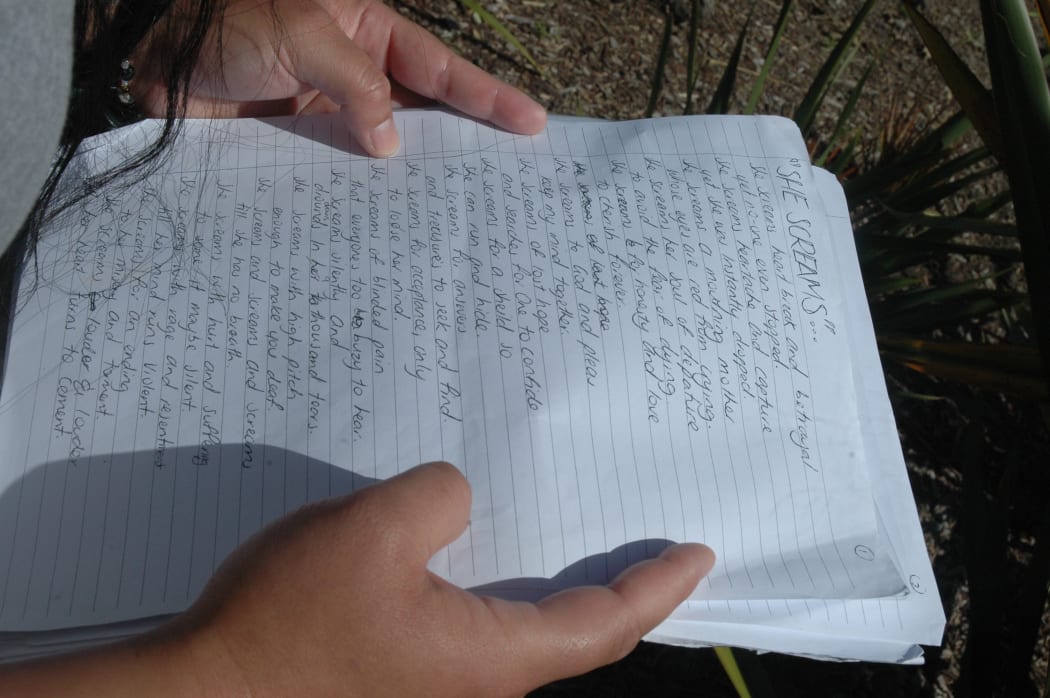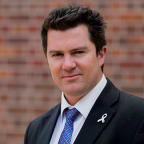A creative writing programme inside the Wiri women's prison in Auckland is uncovering hidden talents. In this two-part series, RNZ's Edward Gay visits the prison and speaks to inmates about their poetry and their journeys to one day getting out.

Photo: RNZ / Edward Gay
Maia* is serving a lengthy sentence.
She's been inside prison since her early teens and missed out on formal schooling, but you wouldn't know that from listening to her raw talent.
"Every soul loses control, and every light turns to night" is one of the lines from her poem 'Guilty By Words'.
Maia began writing after meeting University of Auckland associate professor of sociology Tracey McIntosh. Dr McIntosh has been visiting the prison for years, teaching the women to write poetry.
Maia doesn't describe herself as not a trusting person, but when she saw Dr McIntosh turning up week after week, her trust grew. Initially, the words that found their way to paper were full of anger but she's grown a lot since then.
"I find myself more at peace and finding other ways to express it, other than resorting to what I used to."
So where does she get her inspiration from?
"My family - they don't have to be famous or well known... And myself. I've got to find inspiration within myself to do that stuff... Not just inspiration but having faith and not doubting how I feel... or trying to avoid how I feel, I just have to acknowledge it and I've had a lot of people help me along the way."
One of those is Dr McIntosh, who holds a manila folder full of Maia's poems, which number probably about 100.
Dr McIntosh said Maia's work was so strong that a tutor from the correspondence school didn't believe it was Maia's own.
"All of the wāhine in here have a right to the light, they have a right to beauty, they have a right to imagining a world beyond the one they live in and, I think it's fair to say that's often a real struggle to find and sit in that place.
"It's drawing on that experience but also thinking about what that means for the future. Often, a lot of what you write about is not even just about you, it's around your whānau."

Photo: RNZ / Edward Gay
Maia said, when she got out, one day, she planned to continue her writing.
"'Cause it's been a very long time, it's been a long time since I've been out there - many years. I've sat in here wondering about the world out there... I will, eventually - just not straight away. Because I'll be feeling a lot of emotions that I wouldn't really quite understand at the time so I know I need to sit with it first."
Dr McIntosh said she saw talented young people every day at the university and many of the inmates at Wiri were no different.
"In many ways, it is a real indictment of our system that this potential is realised behind the wire."
* Name has been changed for privacy reasons. Listen to Summer Report 8-9am this week for the second story in this two-part series.



